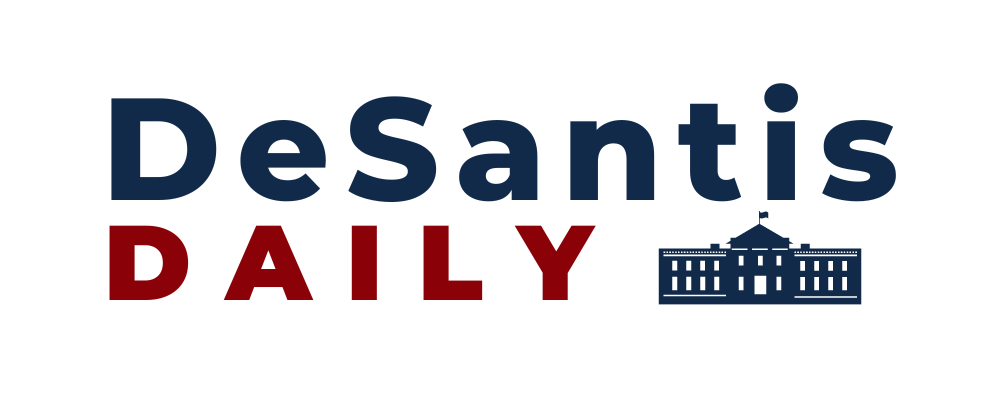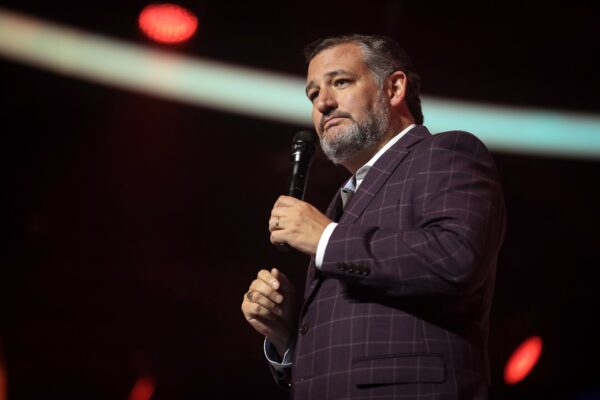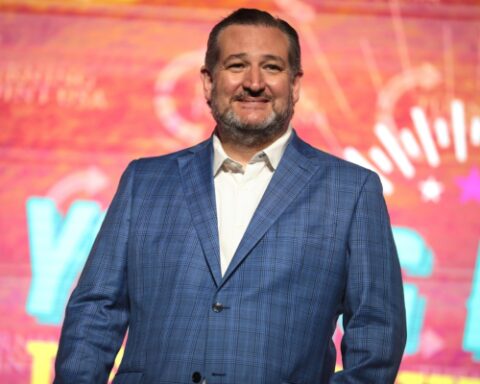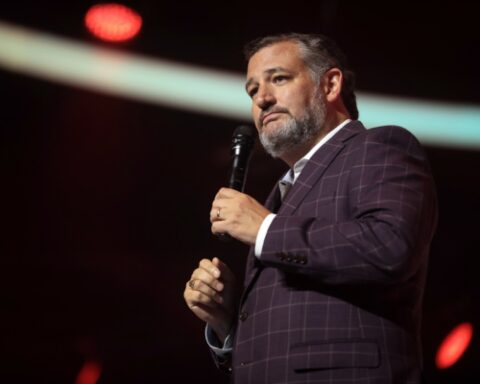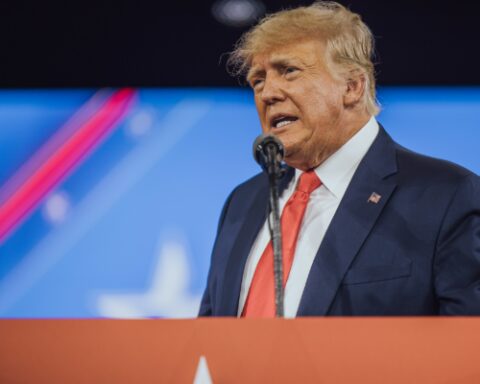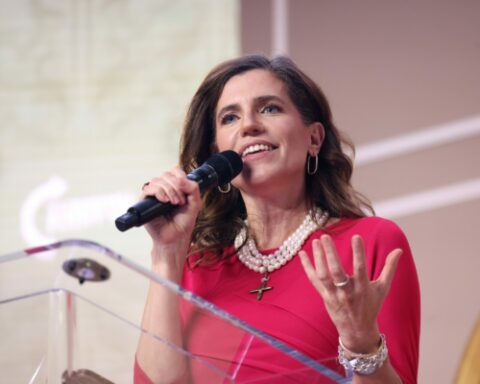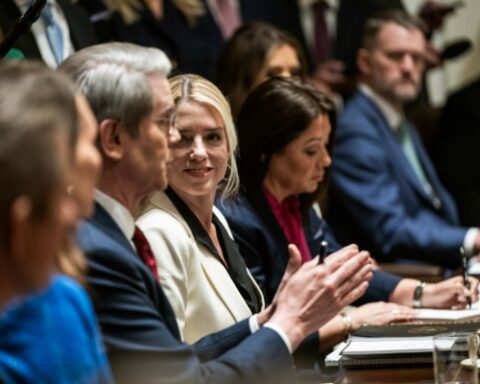Senator Ted Cruz of Texas is now reportedly quietly but deliberately preparing for a 2028 presidential campaign, positioning himself as a standard-bearer for a more traditional Republican foreign policy and putting distance between himself and the party’s ascendant populist wing aligned with Vice President JD Vance.
According to Axios reporter Alex Isenstadt, Cruz has been “courting donors,” “hitting the speaker’s circuit,” and involving himself in Republican preparations for the upcoming midterm elections — steps that signal a likely second attempt at the White House. His moves also place him on what Isenstadt describes as a “collision course” with Vance, widely considered the frontrunner for the GOP nomination four years from now.
Cruz’s increasingly public feud with commentator Tucker Carlson, a close Vance ally, has become a defining feature of his pre-campaign strategy. By “leaning into his feud” with Carlson and challenging what Axios calls the commentator’s “isolationist foreign policy views,” Cruz is attempting to stake out territory as a “traditional, pro-interventionist Republican” at a moment when questions of American engagement abroad are dividing the conservative coalition.
In a statement to Axios, Cruz framed the dispute in terms of moral responsibility and ideological clarity. “We have a responsibility to speak out even when it’s uncomfortable,” he said. “When voices in our own movement push dangerous and misguided ideas, we can’t look the other way. I won’t hesitate to call out those who peddle destructive, vile rhetoric and threaten our principles and our future. Silence in the face of recklessness is not an option.”
The senator has been especially sharp in warning about what he calls a “growing cancer” of antisemitism on the right, a theme he has tied to broader debates over Israel and America’s role in the world. “This poison of anti-Semitism on the right, it is spreading with young people. It is gaining traction,” he said in a speech last month. He argued that young Christians in particular are being misled by “isolationist lies that we should withdraw from the world because nobody wants to hurt us” as well as “theological lies.”
The contrast with Vance is becoming increasingly visible. While Vance has criticized extremist Nick Fuentes, he has notably “stayed silent on Carlson,” who reportedly lobbied for him during the vice-presidential selection process. And during a Turning Point USA event last month, Vance appeared to accept the framing of a student who asserted that Jews support the “prosecution” of Christianity while asking about U.S.-Israel relations — a moment that raised concerns among Israel supporters who have pressed Republican leaders to more forcefully oppose antisemitic narratives.
Cruz’s challenge, should he formally enter the race, will be to define himself as a defender of longstanding conservative principles at a time when the party has been reshaped by Trump-era populism. His willingness to confront Carlson — a key figure for a significant portion of the Republican base — suggests he believes GOP voters remain open to a more assertive foreign policy and a harder line against antisemitic rhetoric.
If early signals are any indication, the 2028 primary may become a defining contest over the future direction of the Republican Party, with Cruz and Vance representing sharply contrasting visions for America’s leadership at home and abroad.
[READ MORE: Oz Says Administration Considering Extension of ACA Subsidies, Citing Need to Curb Fraud]
